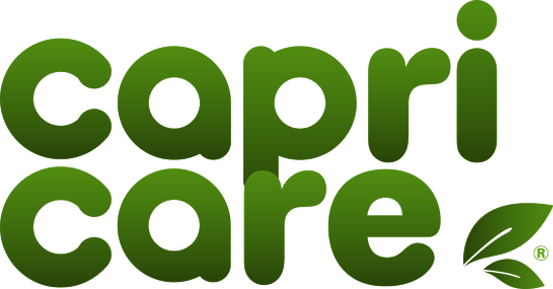Cows’ milk allergy or cows’ milk protein allergy is a common childhood allergy that affects between 2-7% of babies under the age of one. Symptoms can either develop straight away, later that day or even a few days after the consumption of milk. While this is concerning, most children will grow out of their cow milk allergy by the time they are 5 years old.
Symptoms of cows’ milk allergy
There are a wide range of symptoms associated with cows’ milk allergy, which might include:
- A red itchy rash on their skin
- Swelling of their lips, face and eyes
- Vomiting
- Diarrhoea
- Constipation
- Runny or blocked nose
- Tummy ache
- An increase in eczema may be a sign of a delayed reaction to cows’ milk
Most reactions are mild but sometimes cows’ milk allergy can cause an anaphylactic shock. These symptoms will include wheezing, shortness of breath, throat or tongue swelling, loss of consciousness and floppiness. If you suspect your child has a cow milk allergy, it is best to seek advice from a healthcare professional.
What causes cows’ milk allergy?
For some people, the immune system identifies certain milk proteins as dangerous, and releases immunoglobin E (IgE) antibodies to neutralise them. These antibodie also tell your immune system to release histamine and other chemicals, in effect causing your unwanted allergy symptoms. The two main types of proteins in cows’ milk that cause allergies are called Casein and Whey. Casein is found in the part of the milk that curdles, and Whey is found in the leftover liquid part. Your baby may be allergic to just one, or both types of proteins. Just be aware that if your child has a cow milk allergy, they may be more likely to develop allergies to other foods like eggs, peanuts, soy or even beef. Talk to your healthcare professional if you have any concerns.
 Managing cows’ milk allergy
Managing cows’ milk allergy
After your baby has been given a diagnosis, cows’ milk allergy can be easily managed by adjusting your baby’s diet, and you will find there are a lot of alternatives to cows’ milk, such as soy, oat, and nut milks. Don’t worry if your baby is on formula, your doctor will prescribe you a special infant formula. But if you are still only breast-feeding they will ask you to cut out all cow products from your diet. Just be aware that even if food is labelled as milk free or non-dairy, it still might contain the milk proteins that make your child sick. Read the labels carefully and if you’re still uncertain it’s best to contact the manufacturer. To see if your child has grown out of cows’ milk allergy it is recommended to get them checked every 6 to 12 months.
Is goat milk suitable for infants with cows’ milk allergy?
Contrary to popular belief goat milk is not suitable as an alternative for infants with a medically-confirmed cows’ milk allergy. This is because cow and goat milk share many of the same proteins.

